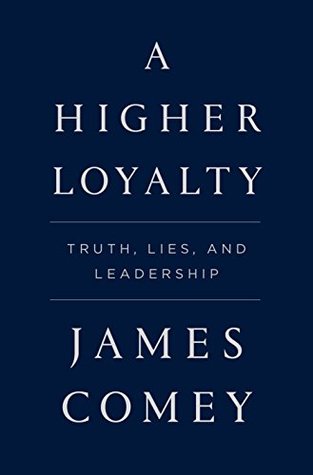More on this book
Community
Kindle Notes & Highlights
Ethical leaders do not run from criticism, especially self-criticism, and they don’t hide from uncomfortable questions. They welcome them.
Those leaders who never think they are wrong, who never question their judgments or perspectives, are a danger to the organizations and people they lead.
seeing beyond the short-term, beyond the urgent, and take every action with a view toward lasting values.
Ethical leaders choose a higher loyalty to those core values over their own personal gain.
A commitment to integrity and a higher loyalty to truth are what separate the ethical leader from those who just happen to occupy leadership roles. We cannot ignore the difference.
how short our time on earth is and why what we do with that time matters.
there is no such thing as negative feedback or positive feedback; there is only accurate feedback, and we should care enough about each other
Effective leaders almost never need to yell.
“The ultimate measure of a man is not where he stands in moments of comfort and convenience, but where he stands at times of challenge and controversy”—
True listening is actually that period of silence and allowing someone’s words to reach your conscious brain,
To rise above those limitations, good leaders exercise judgment,
Judgment is the ability to orbit a problem or a set of facts and see it as it might be seen through other eyes, by observers with different biases, motives, and backgrounds.
“You are not only responsible for what you say, but also for what you do not say.”


